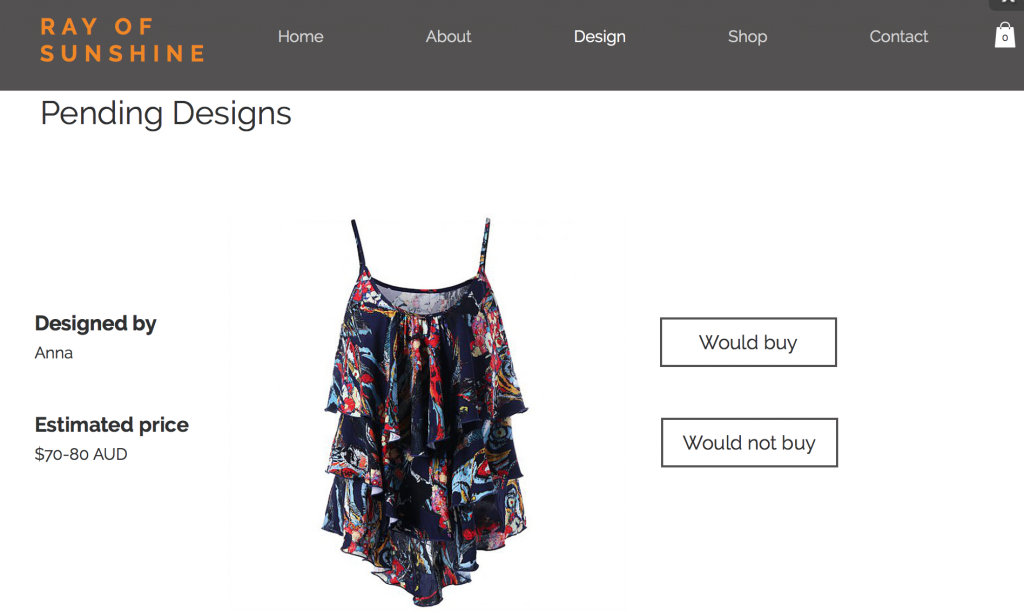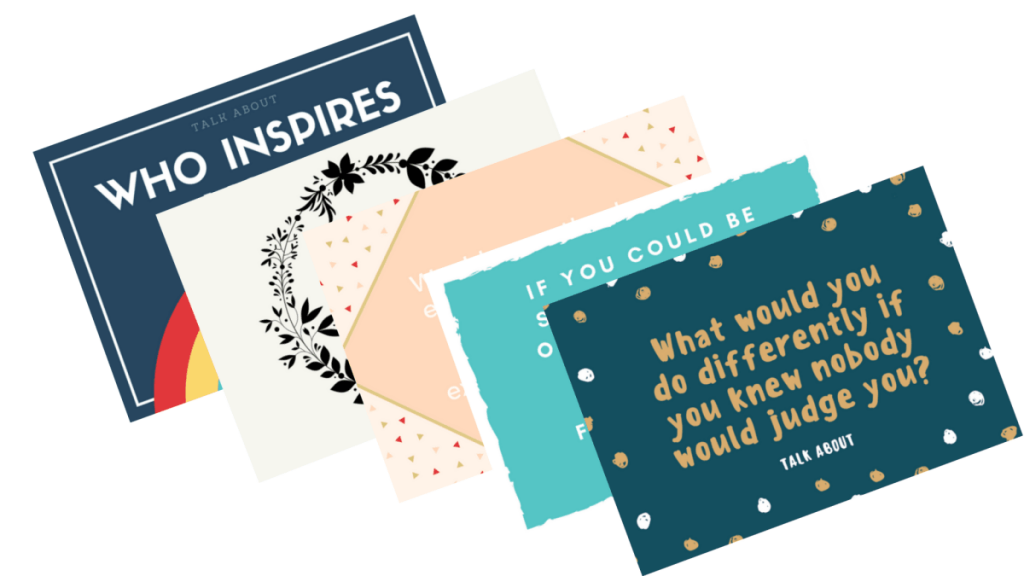The New Wave Pre-Accelerator Program is an all-female introductory entrepreneurship program run by UNSW MCIC designed to encourage more females to think about starting a business.
For once, I felt like I’d actually done something productive in my holidays. Over the course of two weeks, I learned the basics of starting a business, and all the turmoil that comes with it.
It is not easy.
But I got to meet many inspiring females and learn more about myself throughout the process. I now know what steps to take when I want to start my own business in the future.
A wavy ride
For the pitch night, my team came up with the idea of utilising virtual reality as a tool for psychologists to help people with social anxiety. Despite hitting many rough patches, we managed to pull it together and got a lot of interest in our idea.
Well, well, well. The judges and audience on pitch night only saw the finished product. What they didn’t know is that our idea changed about 100 times as our team got discouraged by every little bit of invalidation we experienced.
It seemed as though we could only pick out faults with our idea and then give up and move on to the next one. This made me quite frustrated since most of the time we just sat around the table debating the merits and shortfalls without actually going out and talking to people to see what they thought.
One of the root causes was probably the fact that we’d kept coming up with solutions without properly exploring the problem. Oh no, not that again.
Looking back on it now, I kind of regret not going with my initial idea that gained so much support during our introductory pitches.
My initial idea
I’d pitched a platform where people could vote on clothing designs before they were produced because of my frustration with fast fashion and its negative impacts.

I was so passionate about this idea that I’d randomly crafted up whilst standing in front of my disgusting wardrobe that I even asked to pitch it in front of my Social Impact Hub cohort on our pitch night (it had nothing to do with the course), which was bloody nerve-wracking because I didn’t even have adequate time to prepare.
Yet, when I pitched it to a bunch of girls who I didn’t know and saw the encouraging smiles on their faces, I felt such an overwhelming sense of excitement and joy that probably showed through in my pitch.
A loss of faith
In between the introductory pitches and the start of the program, I began to feel as though my idea wouldn’t really create the kind of change in behaviour that I was hoping for. Upon the advice of a friend, I changed the solution to a personal styling service and the team just went along with it.
But it was evident from the beginning that they didn’t really have much faith in it. Really, though, they hadn’t even joined my team by choice. We were randomly assigned. That’s probably one of the things I would change about the program. Hence, I had a lot of trouble getting them to send out surveys and talk to people.
From that point on, the team was just a little all over the place as we hopped from one idea to the next. None of the other teams changed their idea as much as we did.
Key learning: Don’t lose faith in your idea. If you do, nobody else will champion it for you.
I shouldn’t have doubted the ability of the voting platform to change consumer behaviour. It was novel, exciting and much more within my capabilities than a personal styling service (I have zero fashion knowledge).
I shouldn’t have expected to be able to create a crapload of social change. The idea behind the styling service was that each customer would get a highly educational experience as they learned about each item of clothing… a very aspirational but rather unachievable goal given our skillsets.
Here’s another lesson: do something that corresponds with your areas of expertise or knowledge.
I sort of did that with one of the ideas I’d floated: cards with question prompts to spark deep and meaningful conversations. It had worked really well at my birthday dinner so I thought, why not?

We’d been working on solutions to the problem of social isolation that we often felt at university. Our initial idea of an app to match people based on their interests seemed too similar to one that already existed, so once again our team felt defeated.
I went home, had a bit of a brainstorm and mocked up some designs on Canva (it’s amazing), printed them out on nice paper at Officeworks and cut them out by hand.
That’s when I discovered that I’ve always been more of a hustler than a visionary — I can really just focus and get shit done. I’m all about action and implementation over just talking about things.
Testing the cards out on people, I fully felt the benefit of having much more meaningful conversations and getting to know people so much better than I otherwise would. I learned that my favourite barista who I’d known for 2+ years was facing issues in her marriage; she’d never have volunteered that information in one of our usual chats.
But of course, a business relies on a sustainable business model.
Yet another learning: You can’t really build a business around something that is “nice to have”.
A key issue that popped up was how to monetise the cards. Sure, people would love to have those meaningful chats, but would people pay for them? It appeared that most individuals wouldn’t because they didn’t see many occasions when they’d be able to use the cards.
I tried a different tack by asking cafes around Sydney if they’d put the cards on their tables to encourage conversations amongst their customers, and two of them actually obliged. But I wasn’t tenacious enough — I didn’t ask if they’d pay for it.
I really needed to back myself more and ask the difficult question because that’s the only way I’d know whether it was a viable business opportunity.
Things turned out alright in the end
The idea that finally made it to the pitch night was haphazardly put together at the last minute (we did pretty well, considering the timeframe!) and one that I didn’t really identify with. Nonetheless, many valuable lessons were learned along the way, which will help me in my future business endeavours.
In the midst of all the chaos, I learned how to create a website and link it to a custom domain, learned how to conduct customer interviews (do it with strangers and not friends) and met some cool people. I also learned all the things NOT to do when building a business!






